Stable, programmable liquidity
USDC unites people, businesses and communities around a common purpose: building a more open, prosperous world.
Foundational. Composable.
Built to last.
USDC is a core building block of the crypto economy, serving as a trusted, interoperable, and highly liquid digital dollar for thousands of projects running on the world’s leading blockchains.
As the issuer of USDC, Circle is committed to supporting developers globally across blockchain communities and helping to deliver the vision of a free, open, and permissionless internet.
Whether you’re just getting started or consider yourself a seasoned developer, it’s easy to integrate USDC into your app or dApp today. USDC is open-source, composable, and accessible for anyone to build upon.

More than just a stablecoin
USDC is an open platform for digital dollars running on global, always-on infrastructure. Developers build on USDC to connect their products to an uber-money API that delivers 24/7 liquidity and near-instant payments to anyone with an internet connection.
Leading payment service providers built on USDC to transcend the traditional banking system’s limitations and deliver real-time settlement to their customers.
Institutional DeFi protocols like Credix use USDC for stable, programmable liquidity their users can trust. Novel DeFi apps like Friktion leverage USDC in on-chain structured products as their trusted digital dollar of choice.
USDC’s reach is ever-growing as Circle continues to bring USDC to more of the world’s leading blockchains and contribute to open crypto payment standards. USDC is a platform designed to keep pace with the speed of Web3 innovation.
Multi-chain
Interoperable for a multi-chain world
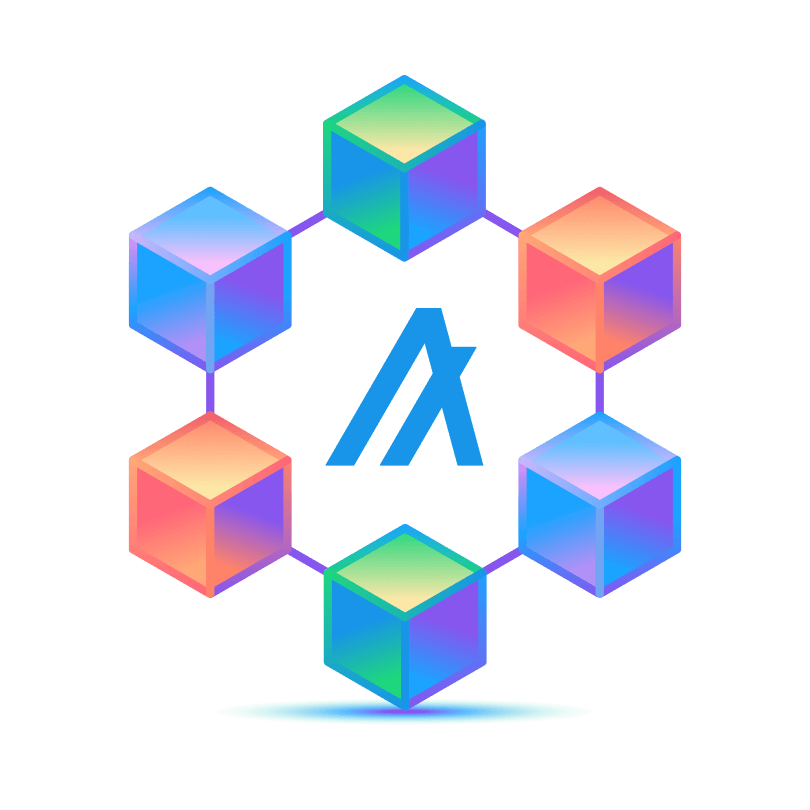
Algorand is one of the world's most decentralized, scalable, and secure blockchain infrastructure. From decentralized finance to generative NFT art (and everything in between), our sustainable blockchain is powering economic models of the future.
Learn more about USDC on Algorand
Top apps using USDC on Algorand
1 As of October 1, 2024
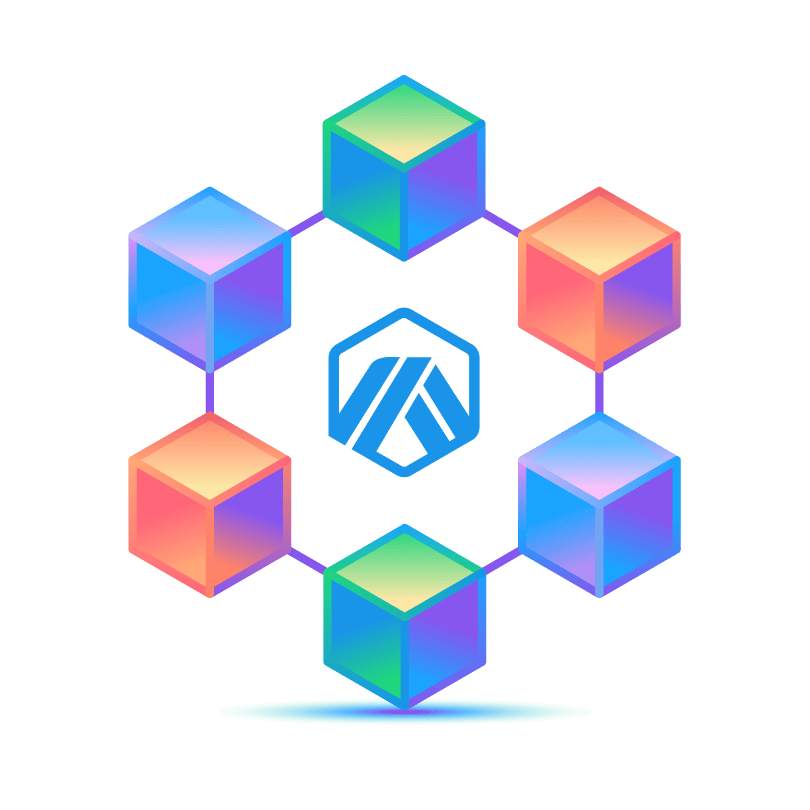
Arbitrum is a layer 2 (L2) scaling solution for Ethereum that went live on mainnet in August 2021. Arbitrum uses Optimistic Rollups to increase the number of transactions that can be processed in parallel and reduce costs, while benefiting from the shared security of the layer 1 (L1) Ethereum blockchain.
Learn more about USDC on Arbitrum
Top apps using USDC on Arbitrum
1 As of October 1, 2024

Avalanche is an open, programmable smart contracts platform for decentralized applications. Avalanche is the fastest smart contracts platform in the blockchain industry, as measured by time-to-finality. Avalanche is Solidity-compatible, so all of your favorite tools like Remix, Truffle, and Tenderly work out of the box.
Learn more about USDC on Avalanche
Top apps using USDC on Avalanche
1 As of October 1, 2024


Base is a secure, low-cost, builder-friendly Ethereum L2 built to bring the next billion users on-chain. Built on the OP Stack, Base enables developers to confidently deploy any EVM codebase and on-ramp users and assets from Ethereum L1, Coinbase, and other interoperable chains.
Top apps using USDC on Base
1 As of October 1, 2024


Celo is a mobile-first, EVM-compatible blockchain that’s built for the real world and designed for fast, low-cost payments worldwide. The Celo ecosystem has over 1,000 projects in more than 150 countries, who are committed to Celo’s mission of creating economic prosperity for all.
Top apps using USDC on Celo
1 As of October 1, 2024

Ethereum is open access to digital money and data-friendly services for everyone – no matter your background or location. It's a community-built technology behind the cryptocurrency ether (ETH) and thousands of applications you can use today.
Learn more about USDC on Ethereum
Top apps using USDC on Ethereum
1 As of October 1, 2024

Hedera is an enterprise-grade public network for you to make your digital world exactly as it should be – yours. Whether you're a startup or enterprise, a creator or consumer, Hedera goes beyond blockchain for developers to create the next era of fast, fair, and secure applications.
Learn more about USDC on Hedera
Top apps using USDC on Hedera
1 As of October 1, 2024


NEAR Protocol is a high-performance blockchain featuring a unique scaling solution based on ‘sharding’ to deliver low-cost transactions that can settle in seconds. Developers can build on NEAR with familiar programming languages like JavaScript and Rust to accelerate time-to-market.
Learn more about USDC on NEAR
Top apps using USDC on NEAR
1 As of October 1, 2024


Noble is an appchain purpose-built for native asset issuance in Cosmos and the boundless Inter-Blockchain Communication (IBC) ecosystem. Dozens of appchains can access USDC issued on Noble via an integration leveraging IBC that is simple, safe and seamless.
Learn more about USDC on Noble
Top apps using USDC on Noble
1 As of October 1, 2024

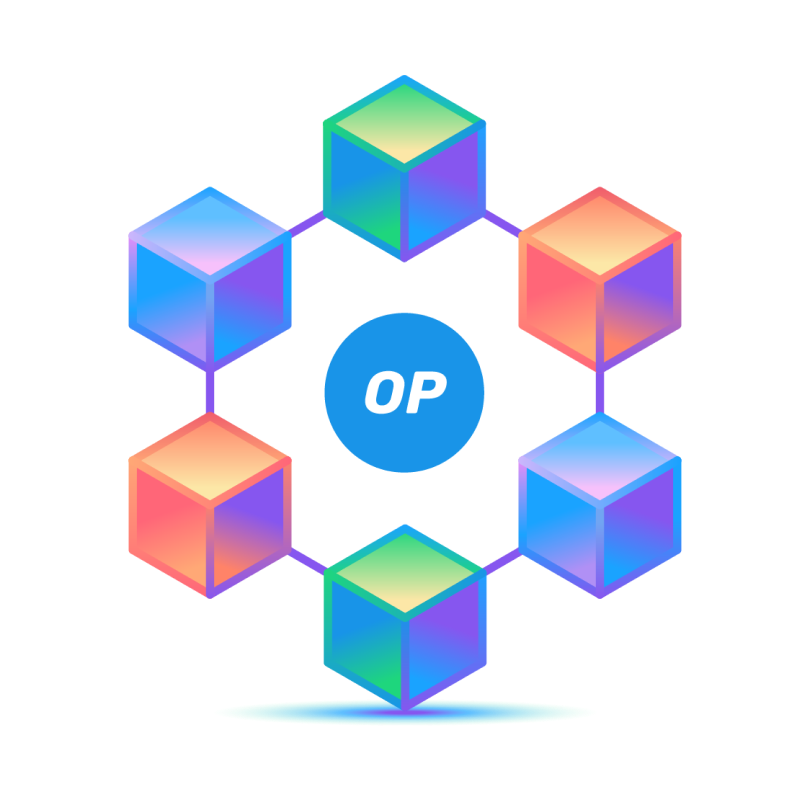
OP Mainnet is a layer 2 (L2) scaling solution for Ethereum, designed to increase transaction throughput and streamline costs. OP Mainnet uses optimistic rollup technology, which bundles together transactions to boost efficiency while leveraging the underlying security of Ethereum.
Learn more about USDC on OP Mainnet
Top apps using USDC on OP Mainnet
1 As of October 1, 2024
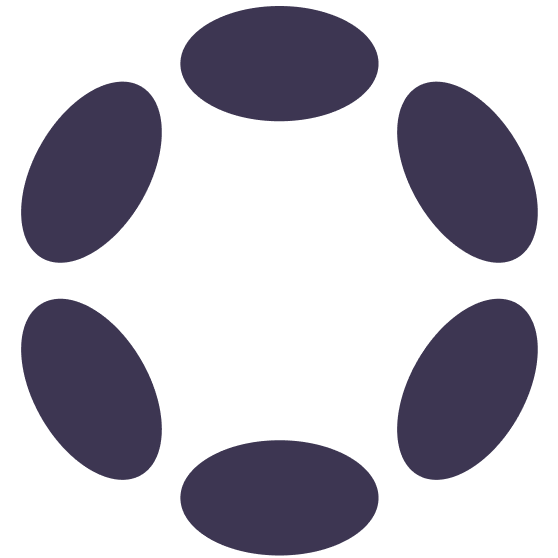

Polkadot is a network of many sovereign blockchains, also known as parachains. Parachains enable parallel execution to allow for faster transactions while contributing to Polkadot’s shared security and decentralization. Polkadot Asset Hub is a common-good parachain that’s designed for efficiently deploying, storing, and transferring digital assets. From Polkadot Asset Hub, digital assets can be readily transferred to parachains via the XCM protocol.
Learn more about USDC for Polkadot
Top apps using USDC for Polkadot
1 As of October 1, 2024
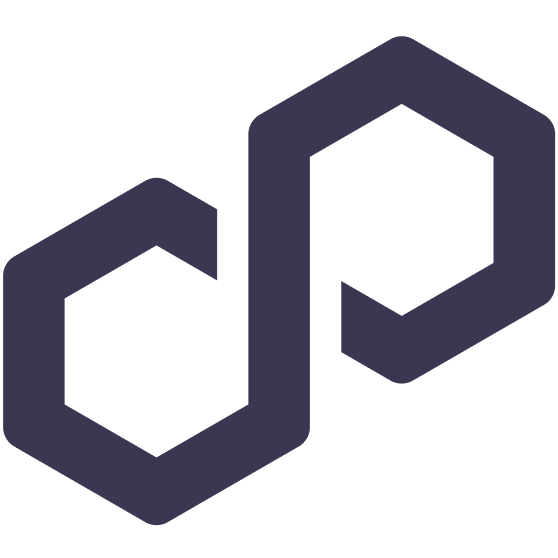

Polygon PoS is a scalable proof-of-stake (PoS) blockchain that complements Ethereum’s decentralized security with faster settlement times and greater cost efficiency. Businesses and developers can create applications on Polygon PoS that appeal to the general public and benefit from near-instant, near-zero cost transactions worldwide.
Learn more about USDC on Polygon PoS
Top apps using USDC on Polygon PoS
1 As of October 1, 2024

Solana is a decentralized blockchain built to enable scalable, user-friendly apps for the world. Solana ensures composability between ecosystem projects by maintaining a single global state as the network scales.
Learn more about USDC on Solana
Top apps using USDC on Solana
1 As of October 1, 2024

The Stellar network is a decentralized, fast, scalable, and uniquely sustainable blockchain built for financial products and services. It offers builders a protocol optimized for payments, with a design intended to keep fees low and to provide transaction speeds that can scale with increased adoption.
Learn more about USDC on Stellar
Top apps using USDC on Stellar
1 As of October 1, 2024

Sui is a layer-1 (L1) blockchain that offers fast, secure, scalable, and affordable infrastructure for developers building on-chain apps. Boasting a rising DeFi and gaming ecosystem, Sui is home to 85+ apps and more in development.
Learn more about USDC on Sui
Top apps using USDC on Sui
1 As of October 22, 2024
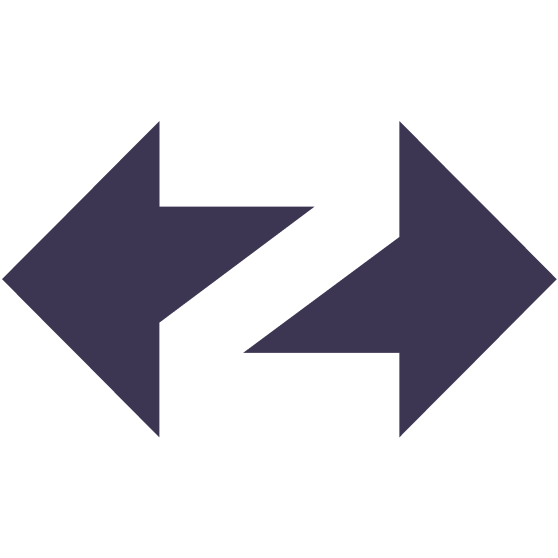
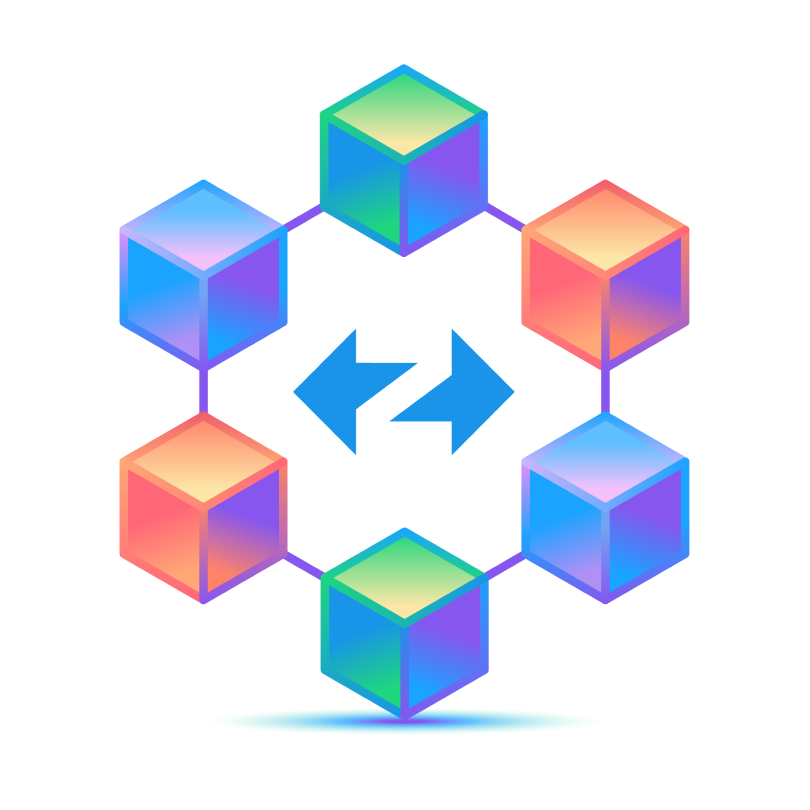
ZKsync is a leading layer 2 (L2) rollup that is hyperscaling Ethereum through zero-knowledge tech while leveraging its security. Zero-knowledge rollups (ZK-rollups) boost Ethereum's capacity by handling many transactions off-chain and submitting only essential data back to Ethereum.
Learn more about USDC on ZKsync
Top apps using USDC on ZKsync
1 As of October 1, 2024
Bridged USDC Standard
Bring bridged USDC to your blockchain
Maximize your vision.
Do more with USDC.
As an open-source, programmable dollar with global reach, USDC is powerful market infrastructure you can begin building with immediately. Circle exists to make it even faster and easier for developers to realize their vision for USDC.
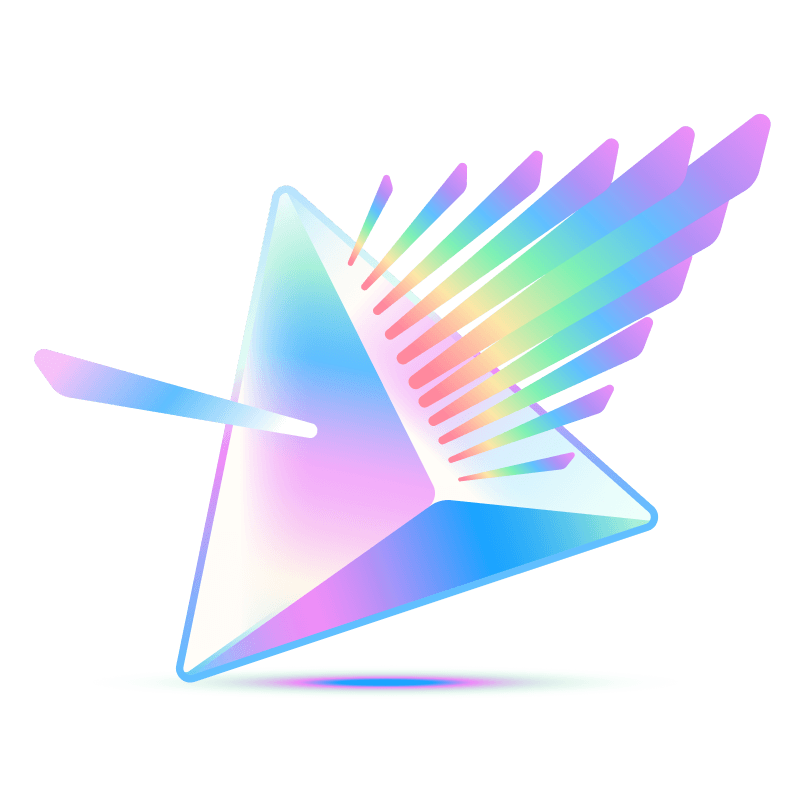
We believe the ability to rapidly test and iterate is critical to shipping great products. Use Circle’s multi-chain testnet faucet to begin experimenting with USDC flows within your project.
Circle offers composable APIs for programmable payments and wallet infrastructure. Access Circle Sandbox today to generate wallets, accept and make USDC payments, and manage funds flow between users.
Reach out to us if you’re interested in the production version of Circle’s payments and treasury platform.
FAQ
No, USDC is permissionless, open-source and accessible to anyone to build with. You can add support for USDC in your app or dApp without needing a commercial business relationship with Circle.
If you’re interested in Circle’s APIs, you can start testing for free with a sandbox key.
Circle aims to bring native USDC to all of the largest blockchain ecosystems in Web3.
In addition, the Web3 community has built permissionless bridge infrastructure to enable USDC to flow across blockchains as a bridged asset and add liquidity to emerging ecosystems.
Circle has a blocklisting policy and will follow appropriate financial crime compliance measures. In response to court orders and sanctions compliance, Circle has the ability to deny access to individual wallet addresses from sending and receiving USDC. When an address is denied access, it can no longer receive USDC and USDC held by that address cannot be transferred on-chain.
We take this responsibility very seriously and can share the following data:
- As of 4/17/23: Of the total $31B+ USDC in circulation, only $8.6M USDC is currently blocked, which is <0.03% of USDC in circulation. A total of 159 unique addresses have ever been blocked to date, all of which comply with OFAC sanctions and court orders.
Importantly, the blocking of addresses emits events on-chain, and we encourage the community to monitor those events. Blocking is never done unilaterally or arbitrarily and follows the highest duty of care.
The US government acts through its agencies which must follow the law. There is currently no suggestion that the law would permit any agency to compel Circle to KYC every holder of USDC. Additionally, Circle does not track every individual who holds USDC.
There is currently bipartisan recognition, at all levels of the US government, that public blockchains and well-regulated stablecoins like USDC are important to US economic competitiveness. Circle expects to see a variety of proposals from the US Congress for how to best regulate - not ban - stablecoins.
USDC reserves are bankruptcy remote, which means they are held separately from Circle’s operating funds for the benefit of USDC holders. USDC is fully backed by cash and short-dated US Treasuries, and those reserves are held in the custody and management of leading US financial institutions.
The key factors to consider for choosing a stablecoin are: (1) what is backing the reserves; (2) how are the reserves managed; and (3) how large and diversified is the market for the stablecoin. There is no other stablecoin that compares to USDC on its reserves backing, reserves management, and liquidity across public blockchains.
As open-source code, USDC can be integrated, bought, sold, lent, borrowed, traded, and spent without ever touching Circle’s commercial products and services. The universe of protocols, wallets, exchanges, merchants, and other market participants that support USDC is expanding because USDC represents stability you can trust. Fully-backed by cash and short-dated US treasuries, USDC is always redeemable 1:1 for US dollars.
Setting a standard for stablecoin legislation
USDC is often viewed as the blueprint to follow for designing a regulated digital currency. At the highest level, Circle works closely with US congressional leaders to align the open values of Web3 with the traditional financial system and help create our harmonious, interconnected future.


